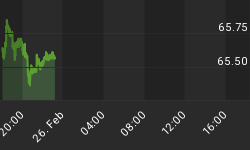How high can stocks go following the dissipation of Grexit, reiterated ECB calls to stick with its asset purchases and the stabilisation in Chinese stocks? Can equity bulls ignore the relationship between oil and stocks?
The 22% decline in oil from the May high raises the old question from early Q1: Will cutbacks from oil companies weigh on overall spending? Remember how in January, economists raised the red flag over oil prices' tumble below $50s, owing to the implications of severe cuts in capital expenditure by big oil/gas companies could, falling by as 20%, as low revenues no longer justify project finance.
Considering that energy sector capex accounts for almost 40% of total capex in S&P500 companies and non-energy capex has remained below 2008 highs as companies are busy investing in their shareholders by buying back stocks and paying dividends, what would become of the corporate spending boost to the economy?
With the economic foundation of energy companies already under assault in Q1, how will they fare today after the latest 20% tumble in prices? And what becomes of those energy-sector bonds when the Fed growing hawkishness boosts bond yields?
Energy-driven underperformance
90% of today's biggest losing shares in the S&P500 and FTSE-100 are in energy/commodity sectors. The charts below illustrate the positive correlation between the FTSE-100 and brent oil, which is comparable to that of SP500 and crude oil. Taking the FTSE100/Brent relationship, the ratio is reaching a key resistance as is the case of the SPX/Brent.
Could the Fed continue to flex its rate liftoff muscle when inflation risks succumbing back to zero%.

















